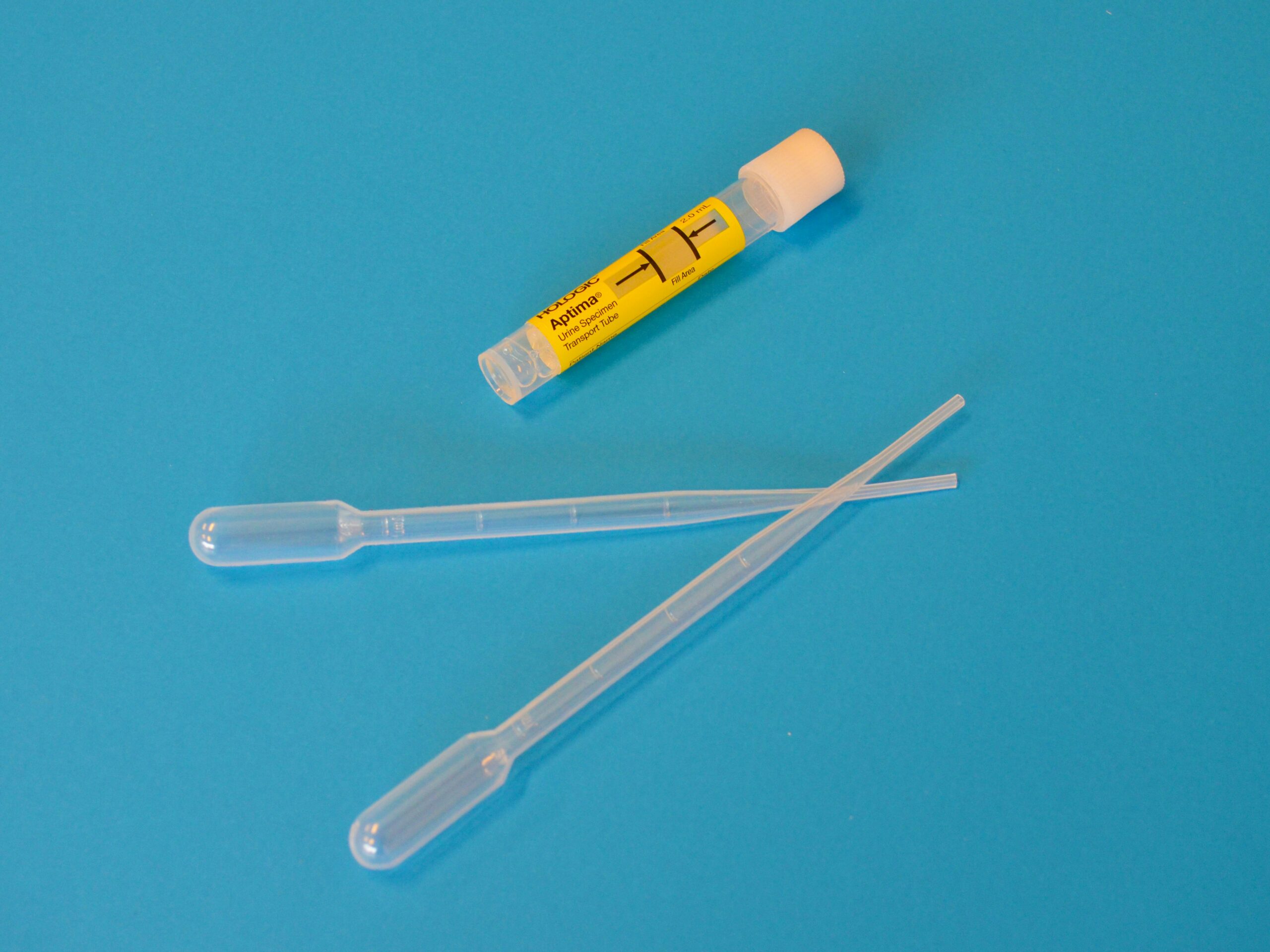Have you ever wondered why sometimes your urine has a strong odor? Well, you’re in for an intriguing revelation! In this article, we’ll explore the correlation between concentrated urine and that pungent smell that can occasionally waft from the bathroom. Prepare to uncover the truth behind this common bodily phenomenon, as we delve into the fascinating world of urinary odors. So, sit back, relax, and let’s unravel the mystery together!

Understanding Urine Composition
Main components of urine
Urine is primarily composed of water, accounting for about 95% of its volume. The remaining 5% consists of various dissolved substances and waste products that are filtered out by the kidneys. These include urea, creatinine, uric acid, salts, and various other toxins and metabolic byproducts.
Role of water in urine
Water plays a crucial role in urine composition. It serves as the medium through which waste products are dissolved and transported out of the body. The kidneys filter these waste products from the bloodstream and combine them with water to form urine. Sufficient water intake is essential to maintain a healthy urine composition and prevent the urine from becoming overly concentrated, as concentrated urine can lead to various issues.
Nutrients and substances excreted through urine
In addition to waste products, urine also contains certain nutrients and substances that the body needs to eliminate. These include excess vitamins, minerals, and electrolytes that are not required by the body at the time of excretion. The kidneys regulate the levels of these substances in the urine to maintain a balanced internal environment.
Characteristics of Normal Urine
Color of Normal Urine
The color of normal urine can vary depending on various factors such as hydration levels, diet, and certain medications. However, in a well-hydrated individual, normal urine typically appears pale yellow to amber in color. This color is primarily due to the presence of a pigment called urochrome, which is a byproduct of the breakdown of hemoglobin in red blood cells.
Smell of Normal Urine
Normal urine has a distinct but mild odor, which is generally not offensive. The smell can vary slightly depending on factors such as diet and individual variations, but it should not be excessively strong or foul. The odor is primarily due to the presence of urea, a waste product that is responsible for the characteristic smell of urine.
Volume of Normal Urine
The volume of urine produced by an individual can vary depending on factors such as fluid intake, physical activity, and overall health. On average, a healthy adult typically produces around 1 to 2 liters of urine per day. However, it is important to note that individual variations are common, and the volume of urine can be influenced by various external and internal factors.
What Is Concentrated Urine?
Dehydration and urine concentration
Concentrated urine occurs when there is insufficient water intake or excessive fluid loss from the body, leading to dehydration. When the body lacks adequate water, the kidneys conserve water and reduce urine production. As a result, the concentration of waste products in the urine increases, making it appear darker in color and giving it a stronger odor.
Other reasons for high urine concentration
While dehydration is the most common cause of urine concentration, other factors can contribute to high urine concentration. These include certain medications, diuretics, excess sweating, exercise, and medical conditions such as diabetes insipidus or kidney disease. It is important to identify the underlying cause of concentrated urine to determine the appropriate treatment.
Visual indicators of concentrated urine
Apart from the darker color and stronger odor, there are visual indicators that can suggest urine concentration. Concentrated urine may appear more yellow or amber in color, indicating a higher concentration of waste products. Additionally, the volume of urine produced may be significantly reduced, indicating the body’s attempt to conserve water.
How Does Concentration Affect Urine Smell?
Role of Urea in urine smell
Urea, a waste product produced by the breakdown of proteins in the liver, is responsible for the characteristic smell of urine. When urine is concentrated, the levels of urea increase, leading to a stronger odor. This is because the concentration of urea becomes more pronounced in concentrated urine, resulting in a more distinct smell.
Ammonia production in concentrated urine
In addition to urea, concentrated urine can also contain higher levels of ammonia. Ammonia is a byproduct of bacterial action on urea and can contribute to the pungent smell of urine. When urine is concentrated, the lack of sufficient water dilution allows bacteria to multiply, leading to increased ammonia production and a stronger odor.
Bacterial action on concentrated urine
Concentrated urine provides an environment favorable for bacterial growth. Bacteria naturally present in the urinary tract can multiply and metabolize urea, leading to the production of ammonia and other substances that contribute to the smell of urine. Maintaining proper hydration can help prevent the concentration of urine and inhibit bacterial growth, thus reducing the likelihood of smelly urine.

Other Factors That Cause Smelly Urine
Impact of certain foods
Certain foods and beverages can directly affect the smell of urine. Foods like asparagus, garlic, and fish are known to contain sulfur compounds that can give urine a strong and sometimes unpleasant odor. Additionally, consuming excessive amounts of certain spices, such as curry or cumin, can also result in a noticeable change in urine smell.
Influence of medications
Some medications, especially those containing sulfur compounds, can cause noticeable changes in urine smell. Antibiotics, vitamin supplements, and certain antiviral drugs are among the medications that can potentially affect the odor of urine. It is important to read the medication labels and consult with a healthcare professional if there are concerns about changes in urine smell while taking medication.
Infections that lead to smelly urine
Certain infections, particularly urinary tract infections (UTIs), can cause changes in urine odor. UTIs are often accompanied by symptoms such as frequent urination, burning sensation, and cloudy urine with a strong smell. Bacterial infection in the urinary tract can produce foul-smelling urine. If smelly urine is accompanied by other symptoms, it is advisable to seek medical attention for proper diagnosis and treatment.
Dehydration and its Relation to Urine Smell
Dehydration vs Hydration
Dehydration occurs when the body loses more fluids than it takes in, leading to an imbalance in the body’s fluid levels. In contrast, hydration refers to the state of having sufficient fluid intake to maintain proper bodily functions. Hydration plays a crucial role in maintaining normal urine composition and preventing the concentration of urine, which can contribute to changes in urine smell.
Dehydration symptoms related to urine
When the body is dehydrated, urine production decreases, leading to concentrated urine. This can result in a darker color and a stronger odor of urine. Other symptoms of dehydration may include thirst, dry mouth, fatigue, dizziness, and infrequent or reduced urination. Monitoring urine color and volume can serve as indicators of hydration levels.
How hydration impacts urine smell
Adequate hydration is essential for maintaining normal urine composition and preventing urine concentration. Sufficient water intake helps dilute waste products and reduces the chances of bacterial growth in the urinary tract. By promoting optimal urine flow and preventing concentration, proper hydration can help minimize changes in urine smell.

Medical Conditions causing Concentrated and Smelly Urine
Urinary tract infections
Urinary tract infections (UTIs) can cause both concentrated and smelly urine. Bacterial infections in the urinary tract can lead to inflammation and a buildup of waste products, resulting in changes in urine color, odor, and concentration. UTIs often require medical intervention and appropriate antibiotic treatment to resolve the infection and restore normal urine characteristics.
Metabolic disorders
Metabolic disorders, such as phenylketonuria (PKU) or maple syrup urine disease (MSUD), can cause changes in urine composition and odor. These inherited disorders affect the body’s ability to break down certain amino acids, leading to the buildup of toxic substances in the urine. Diagnosis and management of metabolic disorders typically involve dietary modifications and close medical monitoring.
Liver or Kidney related diseases
Liver or kidney-related diseases can significantly impact urine composition and odor. Conditions such as liver cirrhosis or kidney failure can impair the organ’s ability to filter waste products effectively, leading to changes in urine characteristics. These conditions often require medical treatment and close monitoring to manage symptoms and protect overall health.
Diagnosis for Smelly and Concentrated Urine
Urinalysis tests
Urinalysis is a common diagnostic test used to assess urine composition and identify any abnormalities. It involves analyzing a urine sample for various parameters, including color, odor, specific gravity, pH levels, and the presence of any substances or cells that could indicate an underlying condition. Urinalysis can provide valuable insights into the possible causes of smelly and concentrated urine.
Other diagnostic tests
Depending on the symptoms and suspected underlying causes, healthcare professionals may order additional diagnostic tests, such as blood tests, imaging scans, or specialized urine tests. These tests can help identify specific medical conditions or abnormalities that may be contributing to the changes in urine composition and smell.
When to see a doctor
If you notice persistent changes in urine color, smell, or volume, it is advisable to consult with a healthcare professional. Frequent, urgent, or painful urination, blood in the urine, or accompanying symptoms such as fever or abdominal pain should be evaluated promptly. A healthcare professional can conduct the necessary tests and provide appropriate guidance and treatment options.
Treatments for Smelly and Concentrated Urine
Importance of hydration
Proper hydration is key to maintaining normal urine composition and preventing the concentration of urine. Drinking an adequate amount of water throughout the day helps dilute waste products and reduce the chances of bacterial growth in the urinary tract. Ensuring sufficient hydration is often the first step in managing smelly and concentrated urine.
Dietary adjustments
In some cases, certain foods or beverages may contribute to changes in urine smell. Making dietary adjustments, such as reducing the consumption of foods known to affect urine odor (e.g., asparagus, garlic), can help minimize these changes. Additionally, individuals with specific metabolic disorders may require specialized diets to manage their condition and prevent smelly urine.
Medical treatments
Treatment for smelly and concentrated urine depends on the underlying cause. For example, if a urinary tract infection is present, antibiotics may be prescribed to eliminate the infection. For kidney or liver-related diseases, the focus may be on managing the underlying condition through medication, lifestyle modifications, or, in severe cases, dialysis or transplantation.
Prevention Measures
Steps to stay hydrated
To prevent concentrated urine and potential changes in urine smell, it is important to maintain proper hydration. This includes drinking an adequate amount of water throughout the day, especially during periods of increased physical activity, hot weather, or illness. Monitoring urine color and volume can help gauge hydration levels and prompt adjustments to fluid intake if necessary.
Avoiding certain foods and drugs
Being mindful of foods and beverages that can affect urine odor can help minimize changes in smell. Limiting or avoiding foods such as asparagus or garlic, as well as certain medications or supplements known to alter urine smell, can contribute to maintaining a more neutral odor. Consulting with a healthcare professional or pharmacist can provide guidance specific to individual circumstances.
Regular medical check-ups
Regular medical check-ups are essential for monitoring overall health, including kidney and liver function. Routine blood tests and urinalysis can help identify any underlying conditions that may be affecting urine composition and smell. By detecting and addressing potential issues early, appropriate interventions can be implemented to manage and prevent complications.
In conclusion, understanding urine composition, the characteristics of normal urine, and the factors that contribute to smelly and concentrated urine is vital for maintaining optimal health. Proper hydration, dietary adjustments, and seeking medical attention when necessary are key in preventing and managing changes in urine odor. By incorporating prevention measures and regular check-ups, individuals can take proactive steps to ensure their urine remains within a healthy range, promoting overall well-being.

